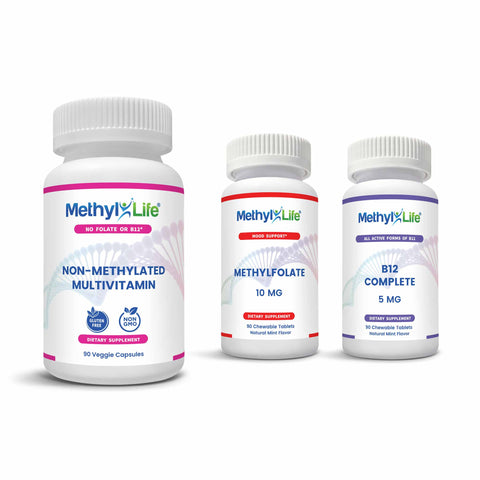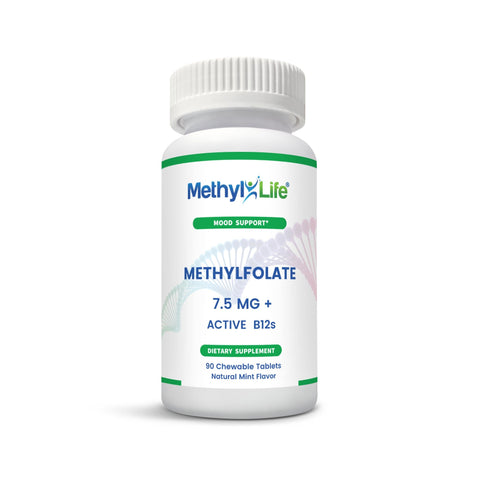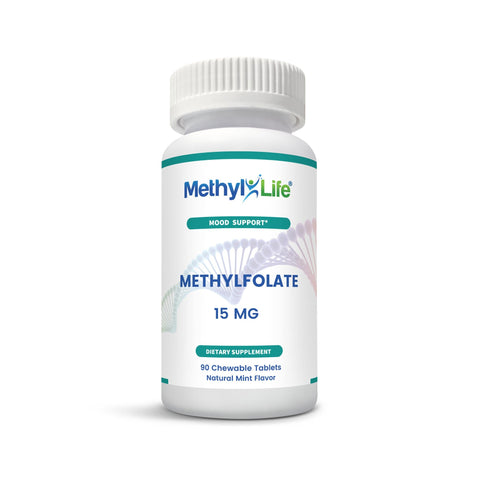When to Choose Methylfolate Versus SAM-e
Those affected by depression may be curious about the benefits of using methylfolate and/or SAM-e (S-adenosylmethionine) to assist in treating their symptoms.
L-Methylfolate has been shown in numerous studies to enhance the response to antidepressants. SAM-e has been on the US market for only two decades but is now a prescription drug in several European countries, primarily for major depression.
This article will explain what SAM-e is, how it works, and how it compares with methylfolate to treat depression. We will compare each supplement and their efficacy in improving depressive symptoms and whether patients can choose between the two.
We will then suggest how best to supplement with methylfolate and/or SAM-e.













